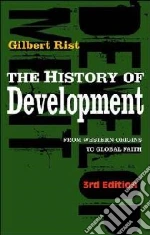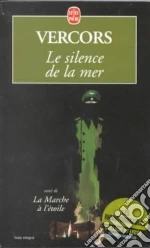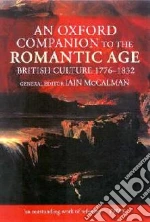The Collected Works Of Eric Voegelin - 9780826215451
Libro in lingua
di
Petropulos William (EDT)
,
Weiss Gilbert (EDT)
,
Petropulos William (INT)
,
Weiss Gilbert (INT)
,
Eric Voegelin
,
Ellis Sandoz
edito da
Univ of Missouri Pr
, 2004
The Collected Works Of Eric Voegelin.
This second volume of Eric Voegelin's miscellaneous papers contains unpublished writings from the time of his forced emigration from Austria in 1938 until his death in 1985. The volume's focus is on dialogue and discussion, presenting Voegelin in the role of lecturer, discussant, and respondent. “The Drama of Humanity” presents the Walter Turner Candler Lectures delivered in four parts at Emory University in 1967. This text, a small book in itself, addresses the themes of “The Contemporary Situation,” “Man in the Cosmos,” “The Epiphany of Man,” and “Man in Revolt,” providing the reader with a good introduction to Voegelin's later work.
Another extensive text included in this volume is “Conversations with Eric Voegelin at the Thomas More Institute” in Montreal. These exchanges include lectures and discussions given by Voegelin between 1967 and 1976. A number of other sections offer insight into Voegelin's intellectual development over a period of forty years. These include the complete “Foreword” to the second edition of The Political Religions, which is published here for the first time; “Notes on T. S. Eliot's Four Quartets;” the “Cycle Theory and Disintegrations;” “What Is Political Theory?;” “The Spiritual and Political Future of the Western World;” “Notes on 'Civilization and Foreign Affairs;'” “Structures of Consciousness;” “The Beyond and Its Parousia;” and the 1983 “Responses at the Panel Discussion of 'The Beginning of the Beginning.'”
Several lengthy excerpts from conference dialogues with other scholars are also included: “The West and the Meaning of Industrial Society,” “Natural Law in Political Theory,” and “Man in Political Institutions.” Volume 33 concludes with Voegelin's “Autobiographical Statement at the Age of Eighty-Two,” his last public utterance on the course of his life and his life's work. By choosing dialogue as the focus of this volume, Petropulos and Weiss are able to show not only the extent to which Voegelin engaged in an exchange of ideas but also his abiding concern for the practical and theoretical conditions necessary in order for this exchange to take place.
Dettagli Bibliografici
Codice
9780826215451
Titolo
The Collected Works Of Eric Voegelin
Sottotitolo
The Drama of Humanity and Other Miscellaneous Papers, 1939–1985
Autore
Editore
Punti Accumulabili
€ 68.50







